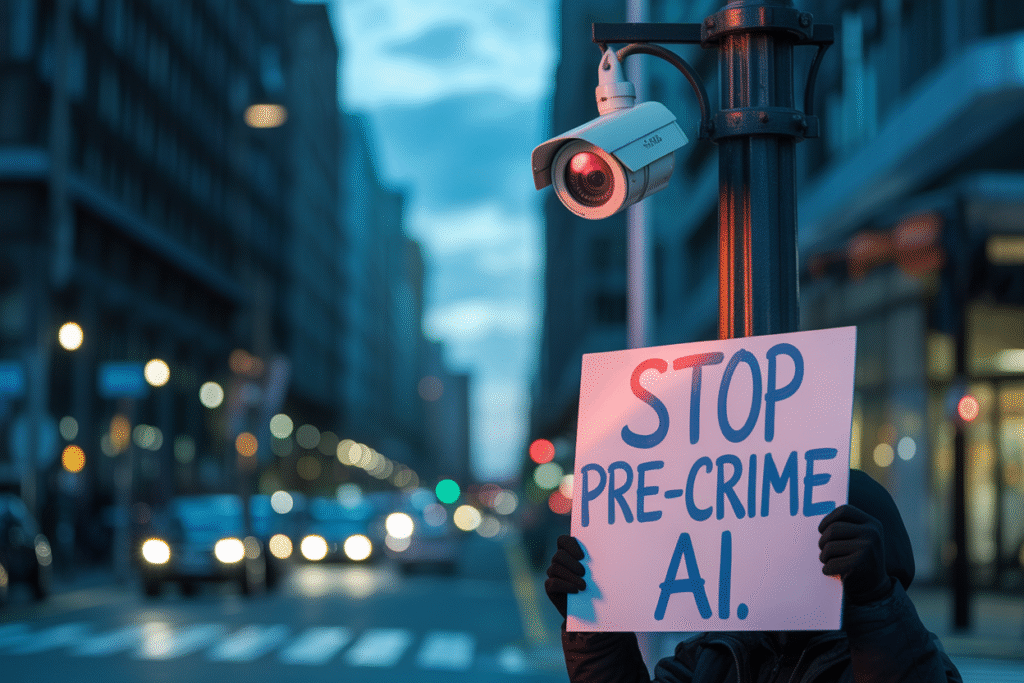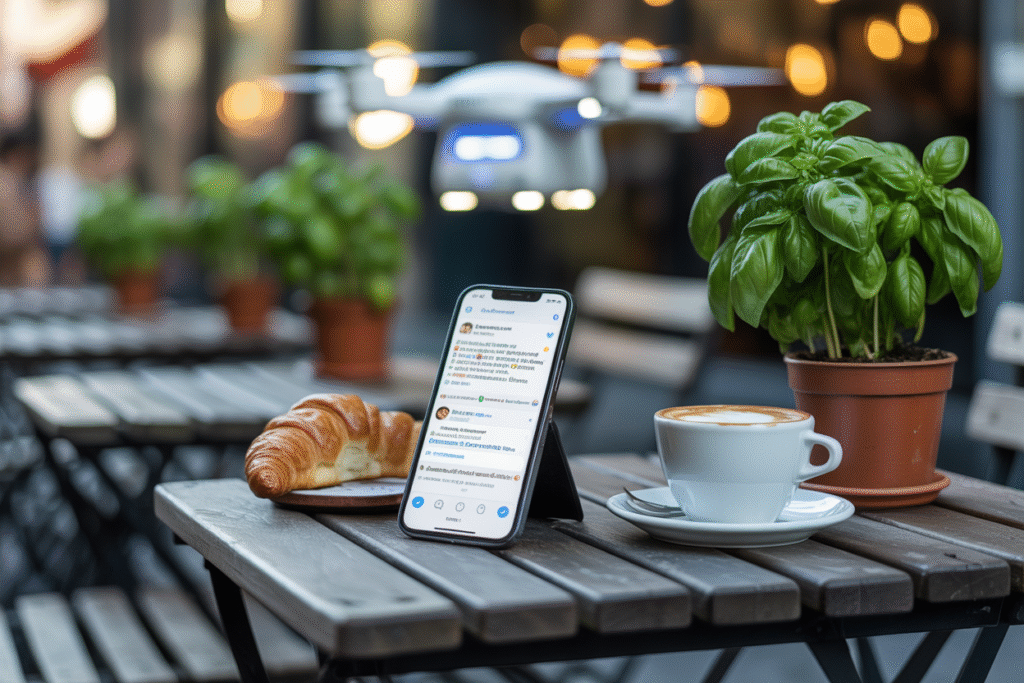America’s new AI watchdog GIDEON promises to stop mass shootings before they happen—at the cost of every private click, purchase, and post.
Imagine waking up tomorrow to learn that an algorithm has already decided whether you’re dangerous. That’s the promise—and the panic—behind GIDEON, the AI platform the U.S. plans to flip on next week. In the last three hours alone, whistle-blowers, protesters, and even a former First Lady have turned the project into the hottest debate on the internet.
What GIDEON Actually Does
GIDEON is billed as a 24/7 web scraper that hunts for threat language using an Israeli-grade ontology. In plain English, it reads everything—your tweets, your shopping cart, your late-night Reddit confessions—and scores how likely you are to hurt someone.
If the score crosses a threshold, your profile pings local law enforcement. No warrant, no knock on the door, just a quiet note in a database that says “watch this one.”
Supporters say it’s the logical next step after tragedies like the Minneapolis school shooting. Critics hear “pre-crime” and picture Minority Report with fewer cool jetpacks and a lot more false alarms.
The Voices For and Against
On one side you have security hawks and some parents who’ve lived through real lockdowns. They argue that if AI can spot the next shooter before he buys ammunition, we’d be reckless not to use it.
On the other side, civil-liberties heavyweights like Glenn Greenwald are calling the rollout a Patriot Act on steroids. Greenwald’s latest episode dissected how tragedies become political accelerants for mass surveillance, warning that “dark money” is greasing the rails.
Then there’s Melania Trump, whose recent call for “pre-emptive intervention” in homes and schools lit the fuse. Her post was meant to sound compassionate; the internet heard “government in your group chat.”
Why the Timing Feels Sinister
Here’s where the rumor mill kicks in. The White House announced it will close public tours for the entire month of September. That same week, the Pentagon teased “major domestic military operations” and reporters spotted GIDEON’s logo on leaked briefing slides.
Coincidence? Maybe. But the overlap has conspiracy corners of X buzzing about martial-law rehearsals and AI checkpoints.
Even if you’re allergic to tinfoil hats, the optics are rough. Rolling out a surveillance tool while the front door of democracy is literally locked sends a message—intentional or not—that the public is the threat to be managed.
From Austin Streets to Global Screens
While Washington spins, the backlash is already visible. Tech-repair YouTuber Louis Rossmann led a sweaty, sign-waving crowd at Austin City Hall last night, protesting Chinese-made AI cameras that the city wants on every corner.
The protest wasn’t technically about GIDEON, but the signs said “Stop Pre-Crime AI” and “No Minority Report in Texas.” One livestreamer joked that even Clippy would snitch on him now.
The clip hit a million views before midnight, proving that local anger can go global in the time it takes to retweet. Expect copycat rallies in Portland, Denver, and D.C. this weekend.
What Happens Next—and How to Push Back
Congress is still drafting guardrails, which means the rules are being written in real time. If you want a say, now is the moment.
Key questions to raise:
• Who trains the threat ontology and what biases are baked in?
• Can citizens see or dispute their own risk score?
• What happens to the data if GIDEON is sold to a private contractor?
Call your reps, file FOIA requests, or at minimum read the fine print before the switch flips. Silence is a vote for the algorithm.


